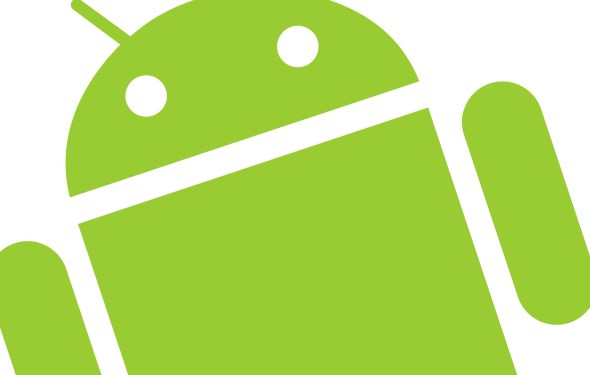The article discusses the story of Boomerang, a parental control app that was removed from the Google Play Store due to its use of an API (Application Programming Interface) that is not allowed. The company’s developer, Justin Payeur, expressed frustration at the lengthy process and lack of communication from Google.
Here are some key points from the article:
- Boomerang was a parental control app that used an API to block certain apps and websites on children’s devices.
- Google removed the app from the Play Store due to its use of an API that is not allowed, but did not provide clear feedback or communication to the developer.
- The removal of the app resulted in a loss of revenue for Boomerang, with the company losing a full month’s worth of sales.
- Payeur expressed frustration at the lengthy process and lack of communication from Google, stating that it took over a month for them to receive feedback on what was wrong with the app.
- The article highlights the complexities involved in having a business live or die by the whims of an app review process.
Some possible implications of this story are:
- App store policies: The story raises questions about the clarity and consistency of app store policies, particularly when it comes to sensitive topics like parental control apps.
- Developer frustration: The article highlights the challenges faced by developers who must navigate complex and often opaque app review processes.
- Consumer demand: The story suggests that there is a clear consumer demand for parental control apps, which are not adequately supported by current app store policies.
Some possible questions to explore further:
- What are the specific app store policies that Boomerang violated?
- How did Google’s communication with the developer contribute to the lengthy process and lack of clarity?
- What changes could be made to improve the app review process for developers, particularly in sensitive areas like parental control apps?




